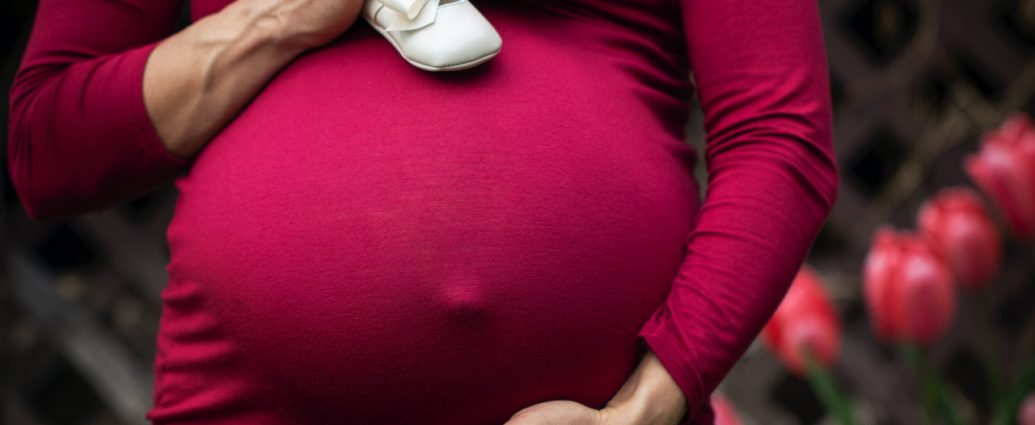Perinatal mental health (PMH) problems affect 20% of expectant or new mums in the UK. NHS England has announced extra mental health hubs around the country to help tackle maternal mental health.
A mother can be vulnerable to issues for two years post birth, a long time if not supported appropriately. NHS England has recently announced 26 new mental health hubs to be built around Britain specifically for maternal mental health.
By 2023, 466,000 women who suffer with any degree of perinatal illness, will receive assured community treatment. This comes as part of the five-year forward view for mental health support as striking figures prove the need for something to change.
According to NHS England, specialist community perinatal mental health services are now available in each of the 44 local NHS areas. The location of these hubs is not clear, but spokespeople say that the support will be more readily accessible by 2024.
In the coming months, 10 new hubs will open in the UK as part of the ‘Long-Term Plan’ set out by NHS England in 2019. One aim is to improve mental health services. Perinatal support is a key part of preventing, or treating, postnatal depression, child bereavement or anxieties around motherhood.
The Support Structure
Teams of professionals, including psychiatrists, midwives and occupational therapists can help by building a care-plan, tailored to each patient. Not everyone needs an admission to a Mother and Baby Unit, which provides inpatient care for new mothers and their babies. Therefore, it is important to recognize a variety of pathways, suitable for each patient.
The NHS has ensured all Clinical Commissioning Group’s (CCGs) have a perinatal structure so mother’s can access maternal and psychological support under one team.
The National Institute for Health and Care Excellence has a structure showing the different levels of care. The NICE Pathway: Antenatal and postnatal mental health overview.
The significance of Perinatal Care
Perinatal support is vital for the development of a baby and its mother. Postnatal depression, maternal mental health struggles, and previous underlying problems can turn into lifelong illnesses.
However, some new or expectant mother’s may experience new mental health problems, which can be difficult to notice. By bringing together perinatal and psychological care, families can gain confidence and knowledge in safe spaces.
The Government says that with, ‘Good quality, evidence-based perinatal mental health care pathways’, it can:
- Improve access to evidence-based treatment with greater detection and improved recovery rates, improving outcomes for women and their children.
- Reduce preterm birth, infant death, special educational needs, and poor school attainment, and depression, anxiety or conduct problems in children.
- Reduce costs per birth to NHS caused by mental health problems during the perinatal period.
Accessing Support
Looking ahead is important for the future of perinatal care, but if you or someone you know needs support, see further information and some useful contacts:
The NHS ‘Good Practice Guide.’
Perinatal Mental Health Toolkit
Action for Postpartum Psychosis
https://www.mind.org.uk/
https://www.mentalhealth.org.uk/
Heather Davey
Twitter- @HeathermarieHD
Photo by Andre Furtado from Pexels. Image license found here. No changes made to this image.

